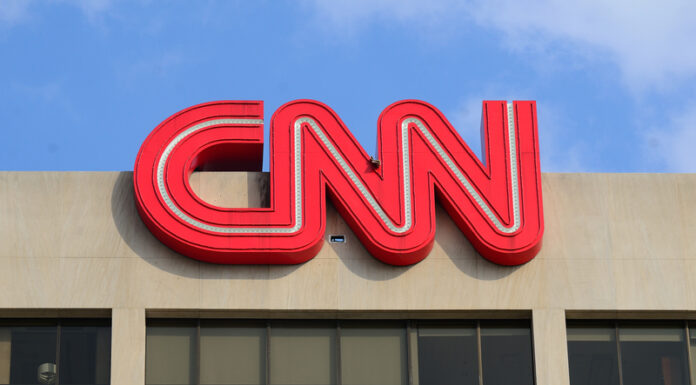Former CNN anchor Dave Briggs has criticized his former network’s coverage strategy during the Trump-Russia investigation, claiming the network’s focus on the probe alienated viewers and contributed to significant ratings declines. Briggs, who co-hosted “Early Start” from 2017 until 2019, made the comments during a podcast appearance on Monday.
Speaking on the “Sanity with Alisyn & Dave” podcast with former CNN colleague Alisyn Camerota and guest Dylan Byers, Briggs expressed frustration with what he characterized as the network’s obsessive coverage of Special Counsel Robert Mueller’s investigation. He indicated that he regularly clashed with network executives over the programming strategy during his tenure.
Briggs told the podcast hosts that he argued daily with network leadership about the Russia investigation coverage, stating that people he knew outside the East Coast were not interested in how the investigation concluded. He asserted that this focus caused CNN to lose “30, 40% of the country” and suggested the ratings supported his assessment.
The former anchor explained that friends across the country frequently told him they wanted to know about other world events beyond the investigation. According to Briggs, this sentiment drove viewers away from CNN during that period. He emphasized that it was the network’s obsession with the Russia probe that particularly turned off viewers.
Mueller’s investigation, which launched in 2017, examined Russian interference in the 2016 election, potential links between the Trump campaign and Russia, and possible obstruction of justice. The investigation concluded that Russia interfered in the election in a sweeping and systematic fashion to help Trump, but found insufficient evidence to charge the campaign with criminal conspiracy.
During the period in question, CNN was led by Jeff Zucker, who oversaw a dramatic ratings boom during Trump’s first term. The year 2017 marked CNN’s most-watched year ever, with viewership remaining strong through the 2020 election. However, ratings dropped sharply in early 2021 after Trump left office, with primetime viewership falling 36% within weeks.
Zucker resigned as CNN president in 2022 after failing to disclose a romantic relationship with CNN executive Allison Gollust, violating company policy. The ratings decline worsened following Trump’s 2024 re-election, with CNN’s primetime audience dropping to under 420,000 viewers by late 2024, representing the lowest viewership in nearly 30 years.
As of May 2025, the network averaged just 405,000 viewers in primetime, with only 74,000 in the key 25-54 demographic. CNN is currently undergoing major restructuring as it faces historic ratings lows, declining revenue, and a looming ownership change.
In early 2025, CNN laid off six percent of its workforce and is preparing deeper cost-cutting measures, including salary reductions and tighter expense policies. CEO Mark Thompson is shifting focus toward a $70 million investment in digital platforms, aiming for $1 billion in revenue by 2030.
Staff anxiety has intensified ahead of CNN’s spinoff from Warner Bros. Discovery into a new unit called Global Networks, led by cost-cutter Gunnar Wiedenfels. With cable viewership shrinking industry-wide, CNN’s future remains uncertain as it attempts to reinvent itself for the streaming era.
Briggs joined CNN in 2017 after previously working at Fox News, where he co-hosted “Fox & Friends Weekend.” Before his CNN tenure, he also worked at NBCSN hosting various sports programs. He left CNN in 2019 to pursue other opportunities in sports media.
Following his departure from CNN, Briggs has been involved in various media projects, including partnering with Mediaite for his current podcast with Camerota. The podcast, described as seeking answers to problems with curiosity and irreverence, represents part of a broader trend of former network personalities launching independent media ventures.
A CNN source responded to Briggs’ comments by expressing disappointment, suggesting that former employees were speaking naively about media and their previous workplaces in an effort to profit. The network declined to provide additional comment, and a spokesperson for Zucker also declined to comment on the matter.








